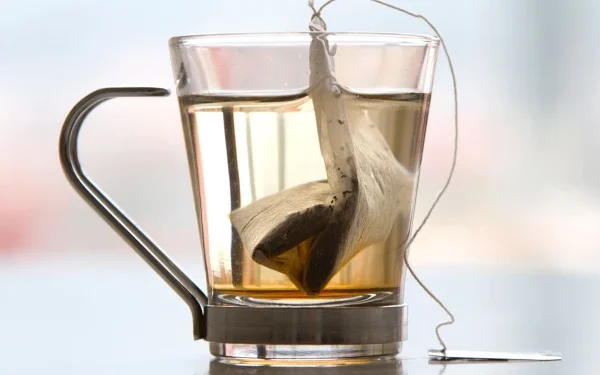A study has found that teabags used for tea can have harmful effects on human health.
Plastic pollution is increasing the health risks for future humans along with environmental problems. Food packaging is a major cause of micro and nanoplastics that are becoming part of the human body through food.
A study conducted by the University of Alabama’s Mutagenesis Group successfully classified the micro and nanoplastics released from different types of commercially available teabags.
The researchers observed in the study that when these teabags were placed in water, a large amount of nano-sized particles and strip-like molds were released, which are a major source of micro and nanoplastics.
The teabags used for the study were made of polymers nylon-6, polypropylene and cellulose.
The study, published in the journal Chemosphere, found that when tea is brewed, propylene releases an estimated 1.2 billion particles per milliliter, with an average size of 136.7 nanometers. Cellulose releases an estimated 135 million particles per milliliter, with an average size of 244 nanometers. Nylon-6 releases about 8.18 million particles per milliliter, with an average size of 138.4 nanometers.
The team of scientists classified these contaminants in a completely new way, which could be crucial for further research into their potential effects on human health, said Alba Garcia, a researcher at the university.

























